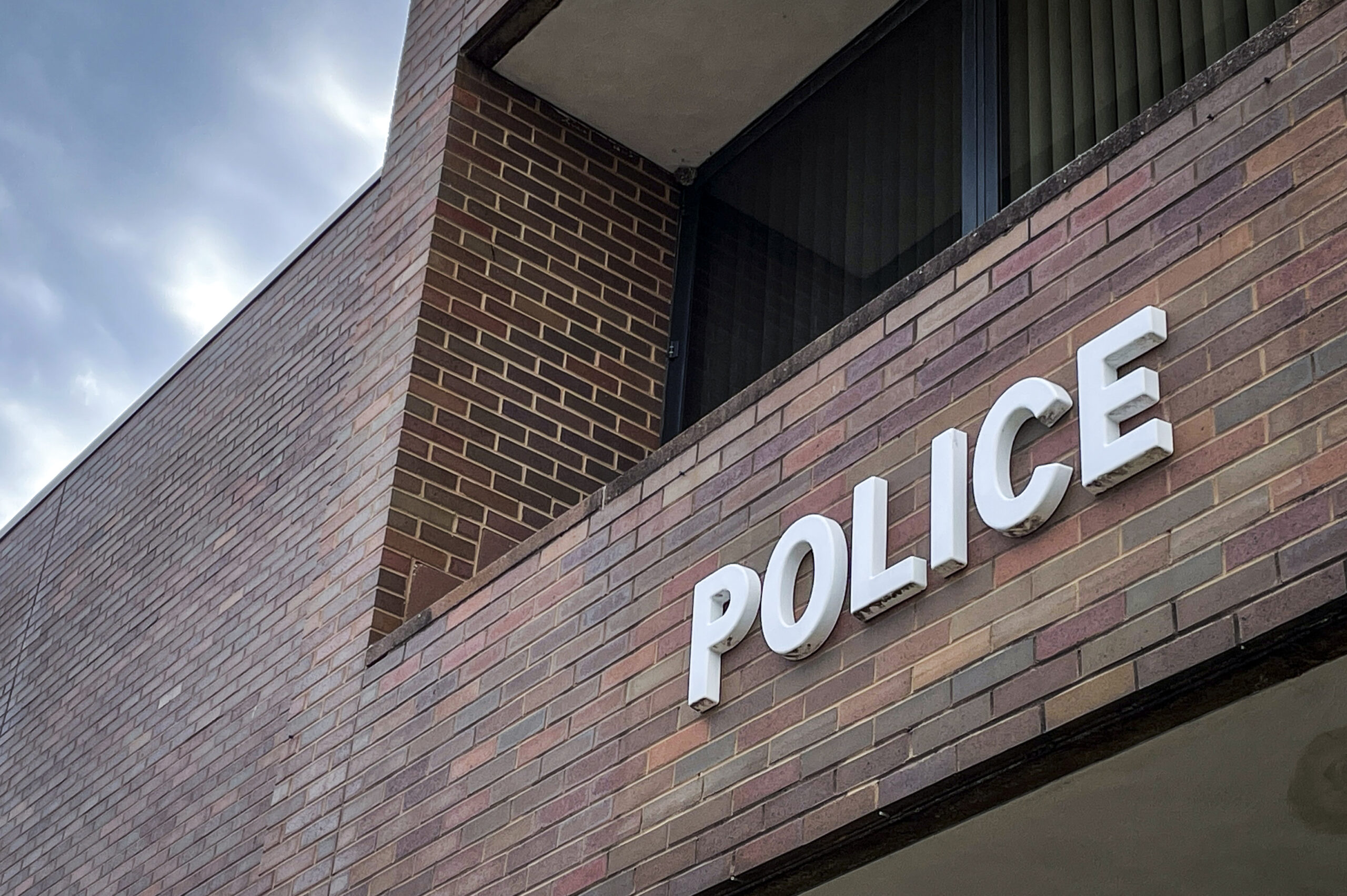In following a trend among the states, New Jersey has passed legislation designed to rein in the abuse of civil asset forfeiture.
On January 13, 2020, the Democratic-controlled Senate passed a bill requiring a criminal conviction in certain cases before police and prosecutors may take private property using civil forfeiture. The law will curtail some instances of prosecutors and police seizing private property from owners who were neither convicted nor even charged with a crime.
The bill requires a criminal conviction before authorities may seize up to $1,000 in cash or up to $10,000 in property. Jennifer McDonald, a senior research analyst at the Institute for Justice, said the bill was a “modest improvement” but “[w]e want them to continue to push forward for ending civil forfeiture entirely and replacing it with criminal forfeiture.”
And on the same day the bill was passed, New Jersey Governor Phil Murphy signed a bill into law that requires quarterly reporting by police departments explaining their forfeiture activities. Murphy called the law “a huge step forward for transparency and accountability.” He added, “New Jersey law enforcement agencies currently have no permanent statutory requirement to disclose civil asset forfeitures. This legislation would boost confidence in our justice system by requiring county prosecutors to track and report data on this practice.” Former Governor Chris Christie vetoed a similar bill in 2017.
In the past 10 years, more than half of the states have passed some civil forfeiture reform due to abuses by police and prosecutors in seizing homes, cars, cash, and other property from innocent citizens.
New Mexico, North Carolina, and Nebraska have essentially abolished the practice by requiring a criminal conviction before any property can be seized.



